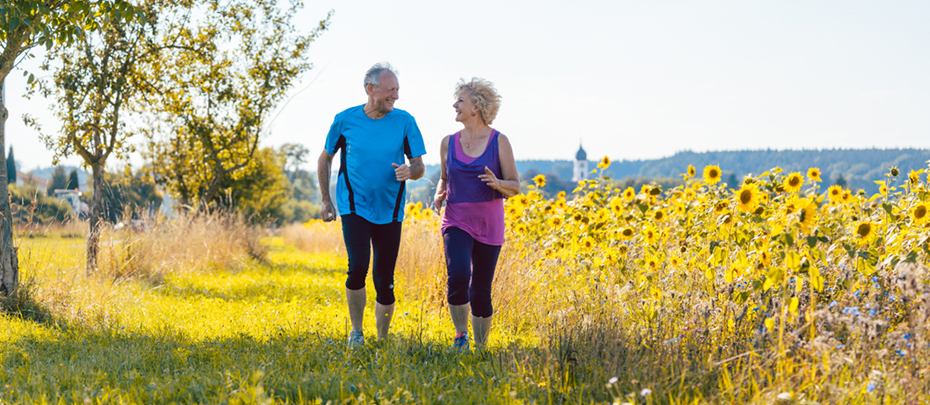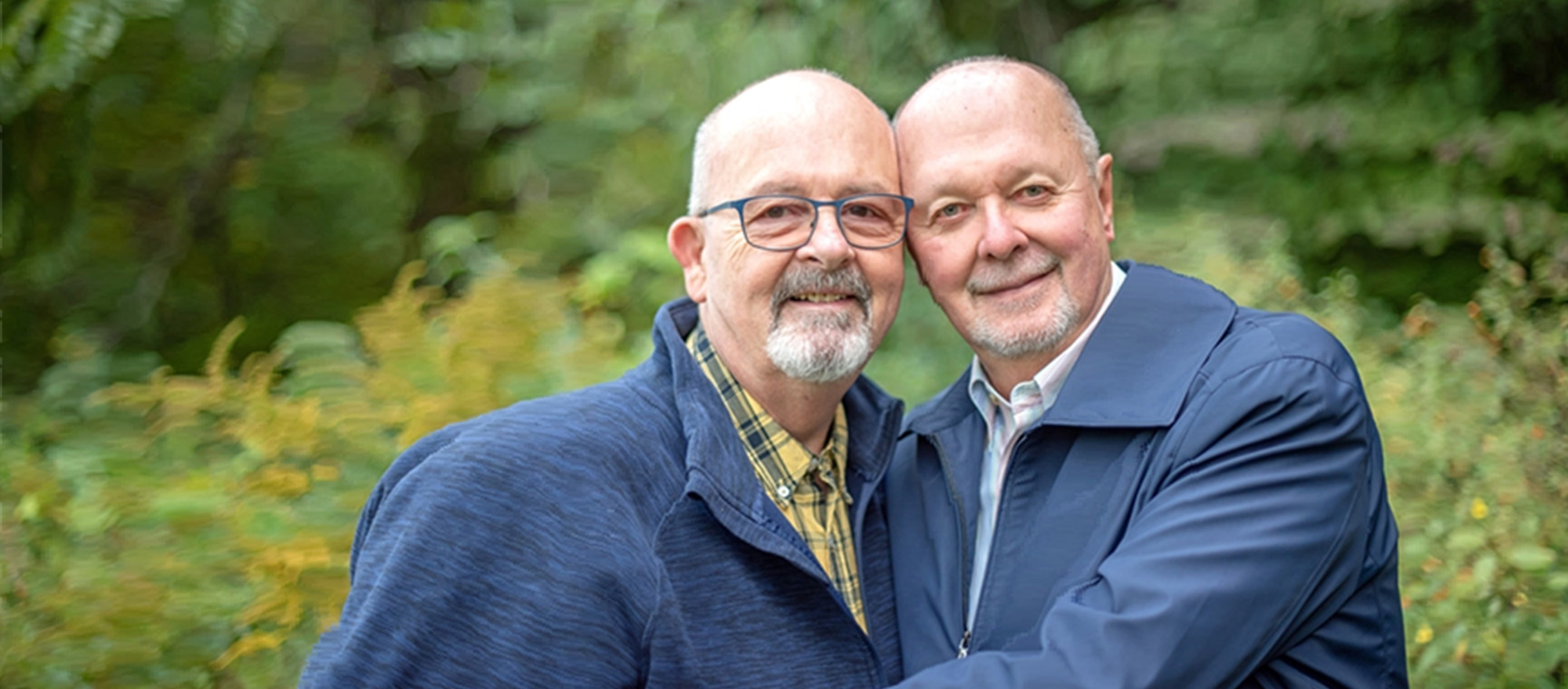How Does Protein Help Prevent Falls?
Muscle loss also goes hand in hand with diminished strength and stability, all of which can put you at an increased risk for falls. But according to new research, protein might offer protection in this area, too.
In the OBM Geriatrics-published study, researchers examined the link between protein consumption and fall risk in older adults with a history of falls. They found that those with a low protein intake — e.g., less than 0.2 daily grams per pound of body weight — faced a 13% greater risk of experiencing future falls than participants with higher protein intakes.
Getting enough protein helps keep you strong and more resilient to falls, but it can help you in other ways, too. According to Abbott sponsored research, insufficient protein consumption has been associated with higher rates of early death in older community dwelling men. But how much protein do you need to stay in tiptop shape as you age?
What Is Recommended Protein Level for Older Adults?
One in three adults over age 50 doesn't get the protein they need each day. So if you're wondering what is a normal protein level for older adults, you're definitely not alone.
Current guidelines suggest that adults consume 0.3 grams of protein per pound of body weight every day. However, new research suggests that older adults may require closer to 0.5 grams per pound of body weight. To ensure you're getting enough protein to stay strong and avoid falls, try these tips:
- Start the day with a high-protein breakfast. Eggs, mashed beans on a whole-wheat tortilla or cottage cheese with fresh fruit are all great choices
- Schedule a protein-rich afternoon snack. Half of a turkey sandwich, Greek yogurt with berries, string cheese and whole-grain crackers or a protein shake such as Ensure® Max Protein or Ensure® Plant-Based Protein all make for tasty snacks.
- Choose a protein-rich entrée for lunch and dinner. Top picks include grilled chicken, fish and shrimp; stir-fried veggies; turkey burgers; chili and seared tofu.
- End the day with a protein-packed snack. Research shows that older men who consumed 40 grams of protein before bed experienced improved muscle health.
If you're having trouble identifying the right amount of protein for your individual nutrition needs, you can use this handy daily protein calculator. Additionally, it's always a good idea to talk to your doctor about ways to preserve muscle, strength and balance. Whether it's tweaking your diet or adding exercise to your routine, their suggestions paired with these basic guidelines can help set you up for optimal health as you age.



